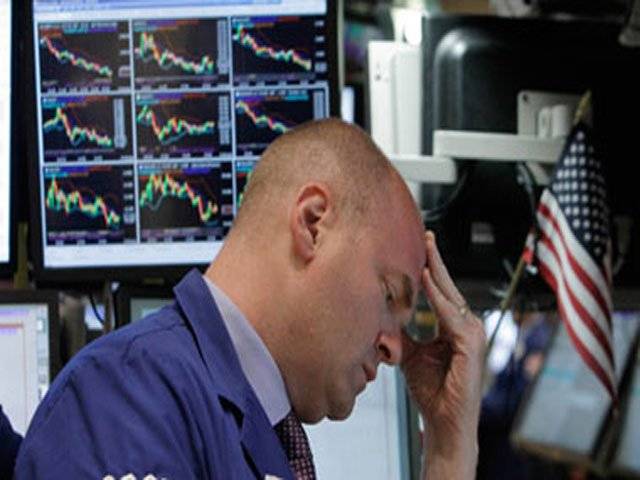The downgrading of U.S. credit rating by Standard & Poors from 'AAA to 'AA+ has sent shock waves across the country, with many fearing this could affect the financial system worldwide. The action by S&P;reaffirms the need for a balanced approach to deficit reduction that combines spending cuts with revenueraising measures like closing taxpayerfunded giveaways to billionaires, oil companies and corporate jet owners, Senate Majority Leader Harry Reid said. This makes the work of the joint committee all the more important, and shows why leaders should appoint members who will approach the committees work with an open mind instead of hardliners who have already ruled out the balanced approach that the markets and rating agencies like S&P;are demanding, said Reid, who was among the first lawmakers to react on the unprecedented decision of the S&P;. The Wall Street Journal termed it as shaking of the global financial system. A cornerstone of the global financial system was shaken Friday when officials at ratings firm Standard & Poors said US Treasury debt no longer deserved to be considered among the safest investments in the world, it said. The downgrade will force traders and investors to reconsider in real time what has been an elemental assumption of modern finance, the Journal reported. The Washington Post said: The downgrade will push the global financial markets into unchartered territory after a volatile week fuelled by concerns over the European debt crisis and the slowdown in the U.S. economy. Since July 14, when Standard & Poors warned it could downgrade the U.S., analysts have struggled to determine how such a move could affect the financial landscape, given how Treasurys permeate the machinery of Wall Street and the economy.
Tuesday, April 16, 2024
Shock waves in US after S&P downgrades its credit rating

PTI founder not in favour of any deal, says Gohar
8:53 PM | April 16, 2024
CM Maryam reviews medical facilities at THQ hospital Murree
8:34 PM | April 16, 2024
Military leadership resolves to eliminate menace of terrorism with public support
8:34 PM | April 16, 2024
Pakistan, Saudi Arabia call for immediate ceasefire in Gaza
8:32 PM | April 16, 2024
PTI to hold political gatherings across country
8:31 PM | April 16, 2024
Political Reconciliation
April 16, 2024
Pricing Pressures
April 16, 2024
Western Hypocrisy
April 16, 2024
Policing Reforms
April 15, 2024
Storm Safety
April 15, 2024
Democratic harmony
April 16, 2024
Digital dilemma
April 16, 2024
Classroom crisis
April 16, 2024
Bridging gaps
April 16, 2024
Suicide awareness
April 15, 2024
ePaper - Nawaiwaqt
Advertisement
Nawaiwaqt Group | Copyright © 2024





